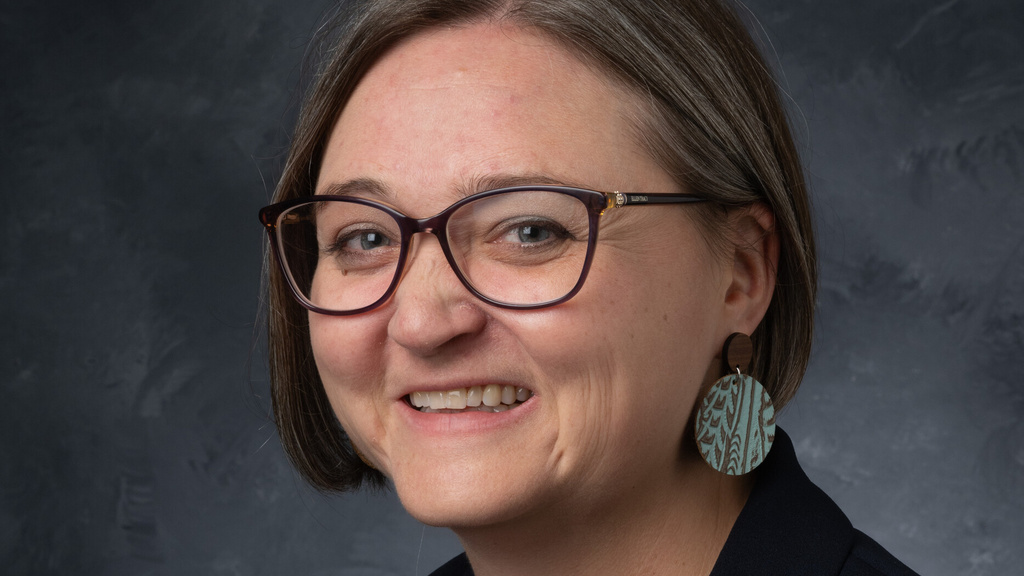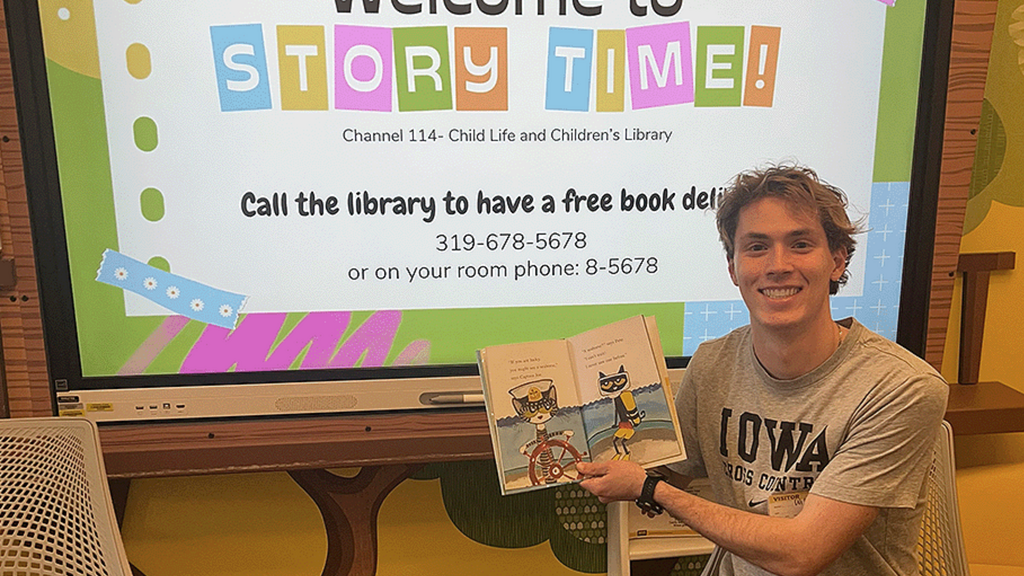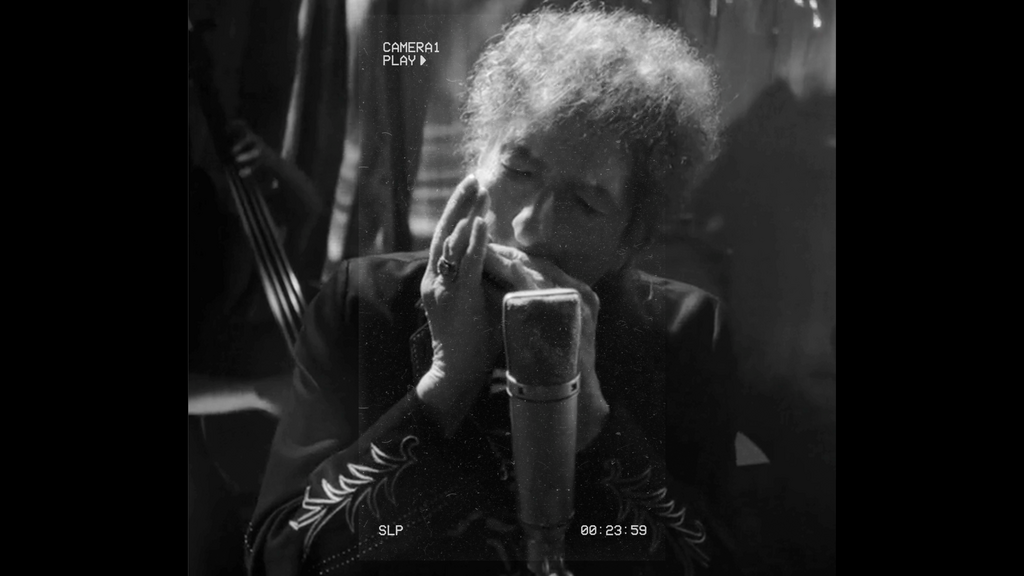News

How to have a successful semester
Tuesday, January 20, 2026
Check out these tips on mindset, goal setting, time management and note-taking to help you kick off the spring semester.


Want to do well in your courses? Attend office hours
Tuesday, January 20, 2026
Academic advisors in the College of Liberal Arts and Sciences bust five myths about instructor drop-in hours, as well as provide common questions to ask during your meeting.

Haunted house and invisible demons: Tennessee Williams’ early radio play ‘The Strangers’ publishes
Tuesday, January 20, 2026


Bob Dylan's Poetry the Subject of New Book by Iowa Alum
Tuesday, January 20, 2026
The essay collection takes a deep dive into literary impact of the 2016 Nobel Prize laureate.

Tips for managing the cold "spring" semester
Tuesday, January 20, 2026
Don’t let the winter blues slow down your start to a successful semester. Here are five tips to get you off to a good start.

Spring 2026: Save these dates and deadlines
Wednesday, January 14, 2026
As a student at the University of Iowa and in the College of Liberal Arts and Sciences, stay on top of these important dates and deadlines.

CLAS student shares strategies for getting to class when motivation runs out
Monday, January 12, 2026
Even after a month-long break from the hustle and bustle of college life, getting to class amidst the cold weather and overwhelming schedule can prove stressful. Here are some tips from a CLAS student to help you maintain motivation.

Getting academic support in CLAS: A guide to Supplemental Instruction and campus resources
Monday, January 12, 2026
What CLAS students should know about supplemental learning and academic support
Pagination